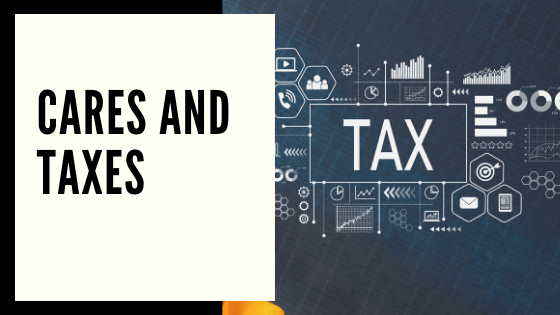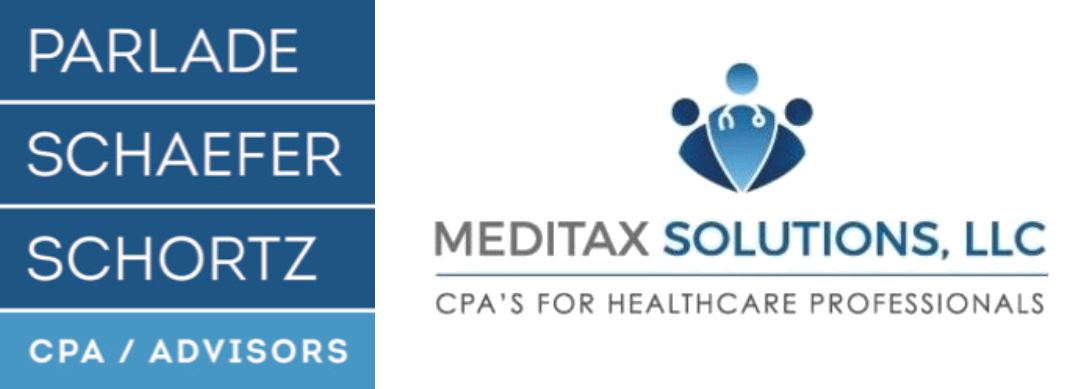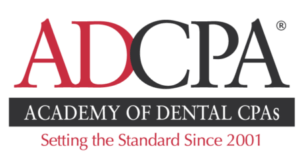CARES and Taxes

These programs have been in place for over a month and a lot of information has been published about them. You may have already applied for one or both loans, and if you haven’t, consider discussing the feasibility of loan application with your financial advisor.
Another aspect of the CARES Act that your financial advisor will know about pertains to business tax changes included in the legislation. Here is an overview of some of the changes:
The Employee Retention Credit is a refundable tax credit available to eligible employees. Maximum credit for an employee is $5,000 and applies to wages received after March 12, 2020 and before January 1, 2021.
Payment of Social Security tax on employee wages can be deferred for payments owed in 2020 for business and self-employed individuals. The deferment time period is two years, with half the payment due by the end of 2021 and the remainder due by the end of 2022. One note: This deferment cannot be taken by businesses that have had a PPP loan forgiven.
If you had a net operating loss in 2018, 2019, or 2020, that loss can now be carried back five years. This means you have the option of amending your returns from previous years to receive a refund that could help with cash flow.
With accelerated credit for minimum tax liability, businesses that were due to claim alternative minimum tax by the end of 2021 can speed that up and get a refund now.
Businesses can increase the deduction for interest expenses from 30 percent to 50 percent. This applies to 2019 and 2020.
Another amendment to 2018 and 2019 returns can be made to claim a write-off for improvements made to property and facilities.
This overview is for your information and not meant to be advisory. Your financial advisor knows your business and your tax situation, so it is important to consult with them if you have any questions about the tax-related features of the CARES Act and how they might apply to your practice.






